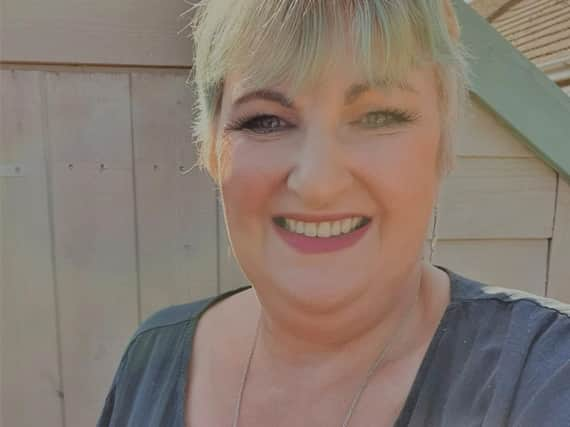Pandemic challenges are 'overwhelming' for people with MS, says charity


The MS Society said the virus is heavily impacting the lives of people with multiple sclerosis (MS), many of whom are at particular risk from Covid-19.
The charity spoke to more than 1.100 people with the condition and found more than a third had seen their mental health suffer as a result, and one in 20 had not been able to get the medication they need.
Advertisement
Hide AdAdvertisement
Hide AdOf those who need support with everyday living, such as washing or getting dressed, nearly one in five have had this reduced or cancelled entirely.
Coronavirus: Don’t forget families living with disabilities – Lindsay PantryMore than a quarter said they felt scared about what Covid-19 meant for them and only 55 per cent said they were coping.
Rachael Tomlinson, 53, of Skirlaugh near Hull, was diagnosed with the primary progressive form of the condition in August 2018.
She said the stress associated with the virus had exacerbated her MS symptoms, including spasticity in her legs and increased fatigue, which affects her sight, speech and causes her legs to spasm. She has also experienced more instances of the ‘MS hug’ a tightening in the chest which causes pain and breathlessness.
Advertisement
Hide AdAdvertisement
Hide AdShe has found relief in using a new MS Society service, Time to Chat, which has linked her up with nine other MS sufferers on daily Zoom video calls. It is just one of the ways the charity has adapted its offerings to replace face-to-face support services.
Miss Tomlinson said: “I have been trying hard not to get stressed, but I know subconsciously it is affecting me. Having someone to talk to has made the world of difference. It is a risky and confusing time for people with chronic illness.”
Miss Tomlinson has also blogged about her experiences which she finds helpful.
MS damages nerves in the body and makes it harder to do everyday things, like walk, talk, eat and think. Having MS in itself does not increase your risk of getting COVID-19, but many with MS are at an increased risk of infection or complications. Thousands with the condition have been told to shield at home by the government.
Advertisement
Hide AdAdvertisement
Hide AdDirector of services at the MS Society, Ed Holloway, said: “This is a time of real uncertainty for everyone, but for those living with MS the stakes are even higher. Having MS is hard enough, and these figures tell us many people are now being challenged in a way that feels overwhelming.”